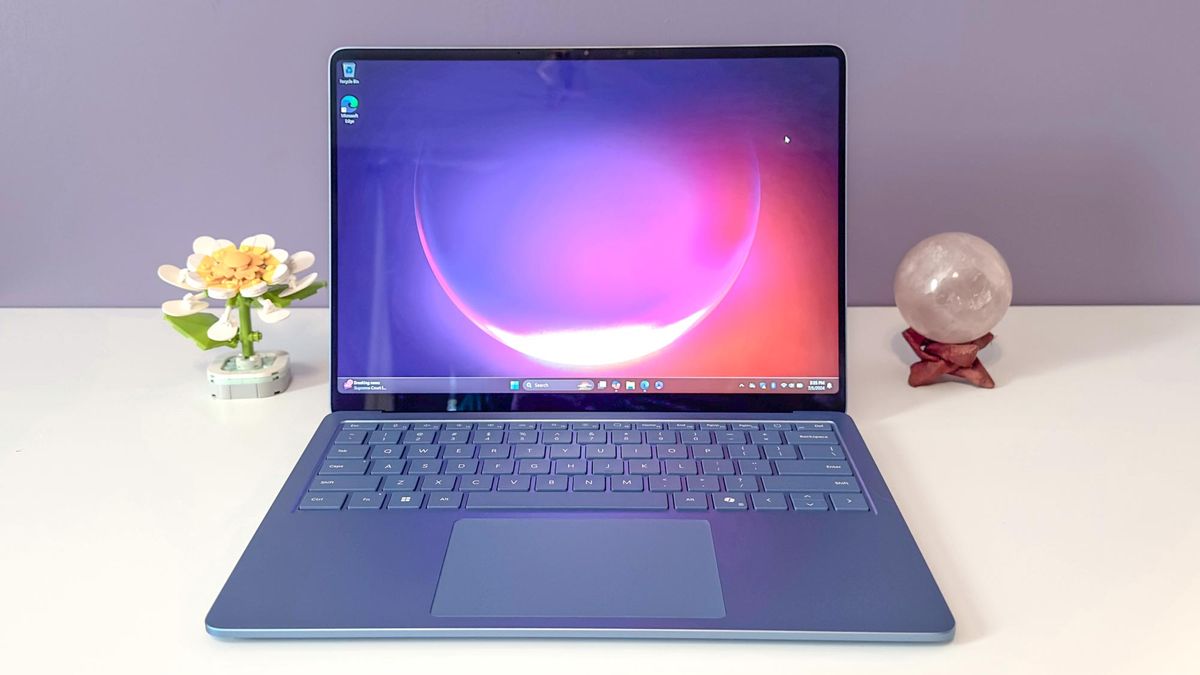
Amazon just gave Surface Laptop 7 a 'frequently returned' label — here's what's going on
- 24.03.2025 20:44
- tomsguide.com
- Keywords: Frequently Returned Items, Peripheral Compatibility Issues
Amazon has labeled certain Surface Laptop 7 models as "frequently returned," despite mostly positive reviews. Issues with peripheral compatibility, particularly with external devices like printers and scanners, have led to some returns, especially of the Qualcomm Snapdragon X Elite versions.